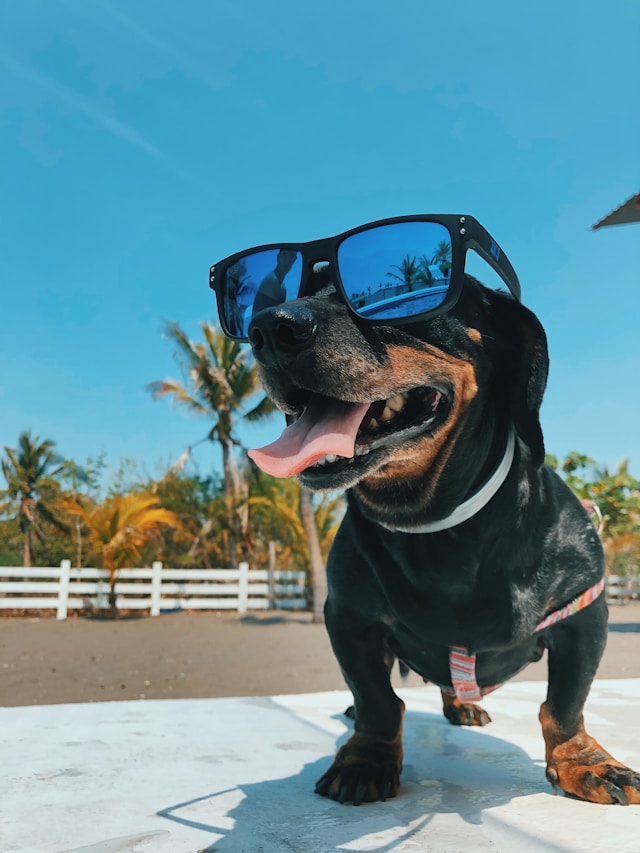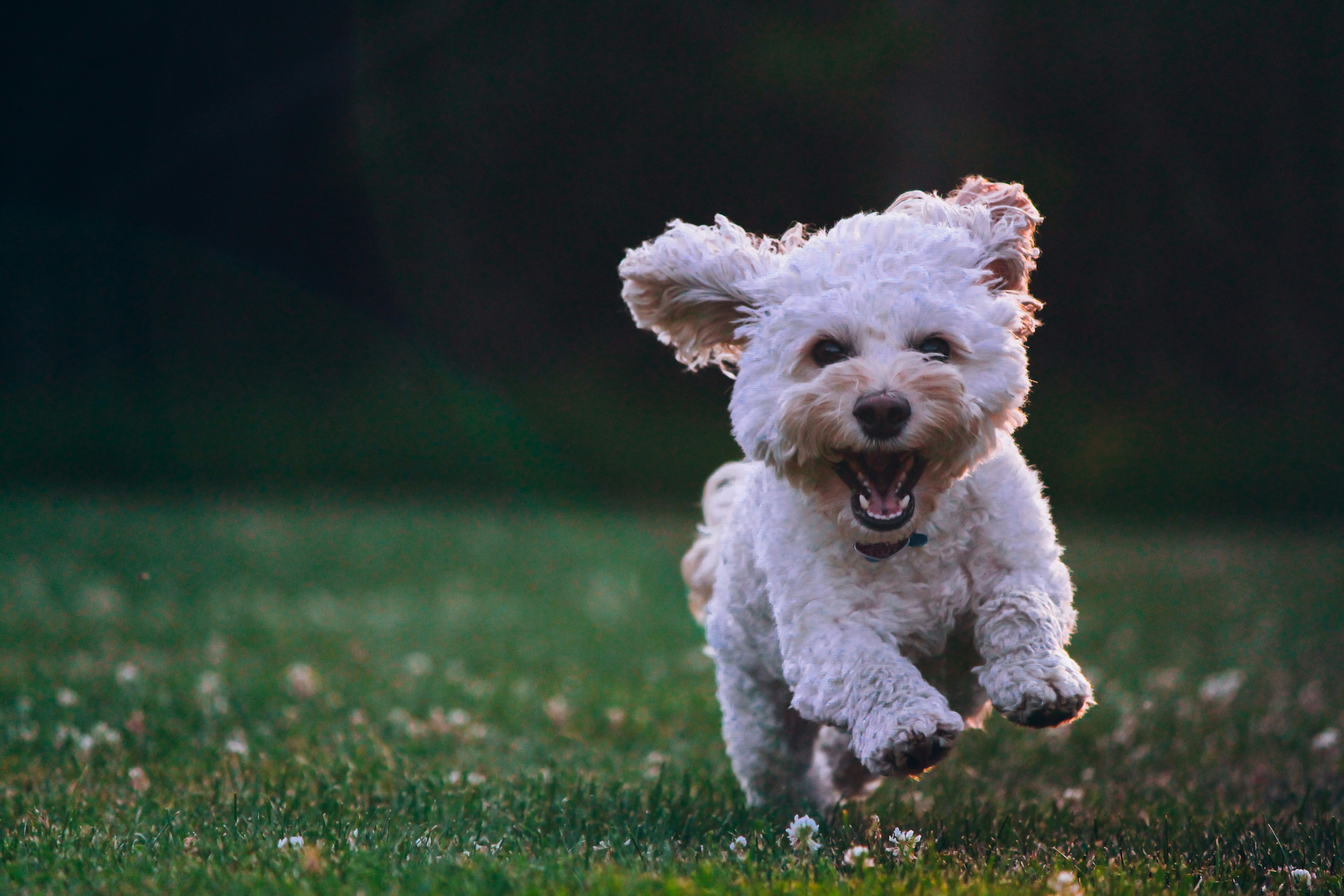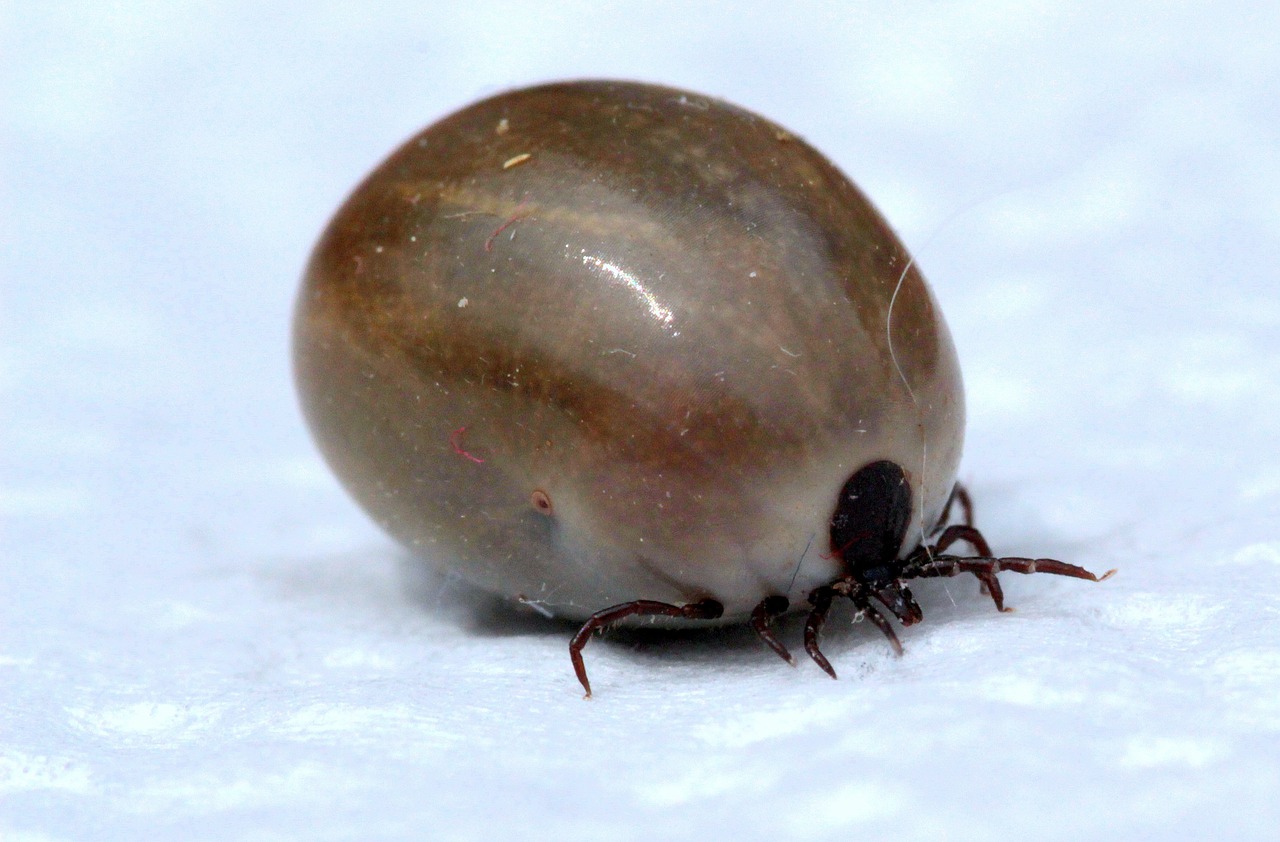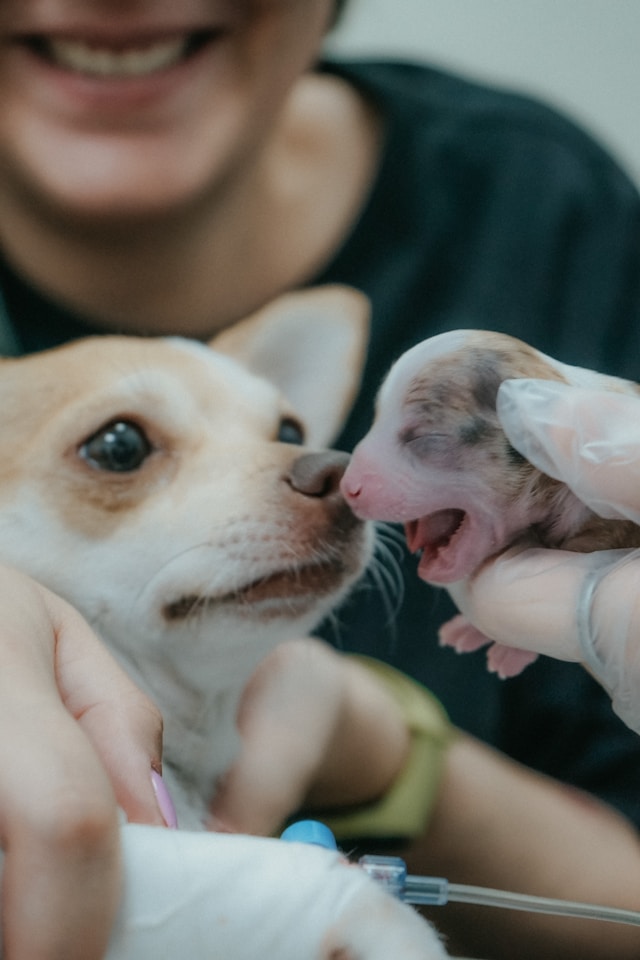Basset Hound
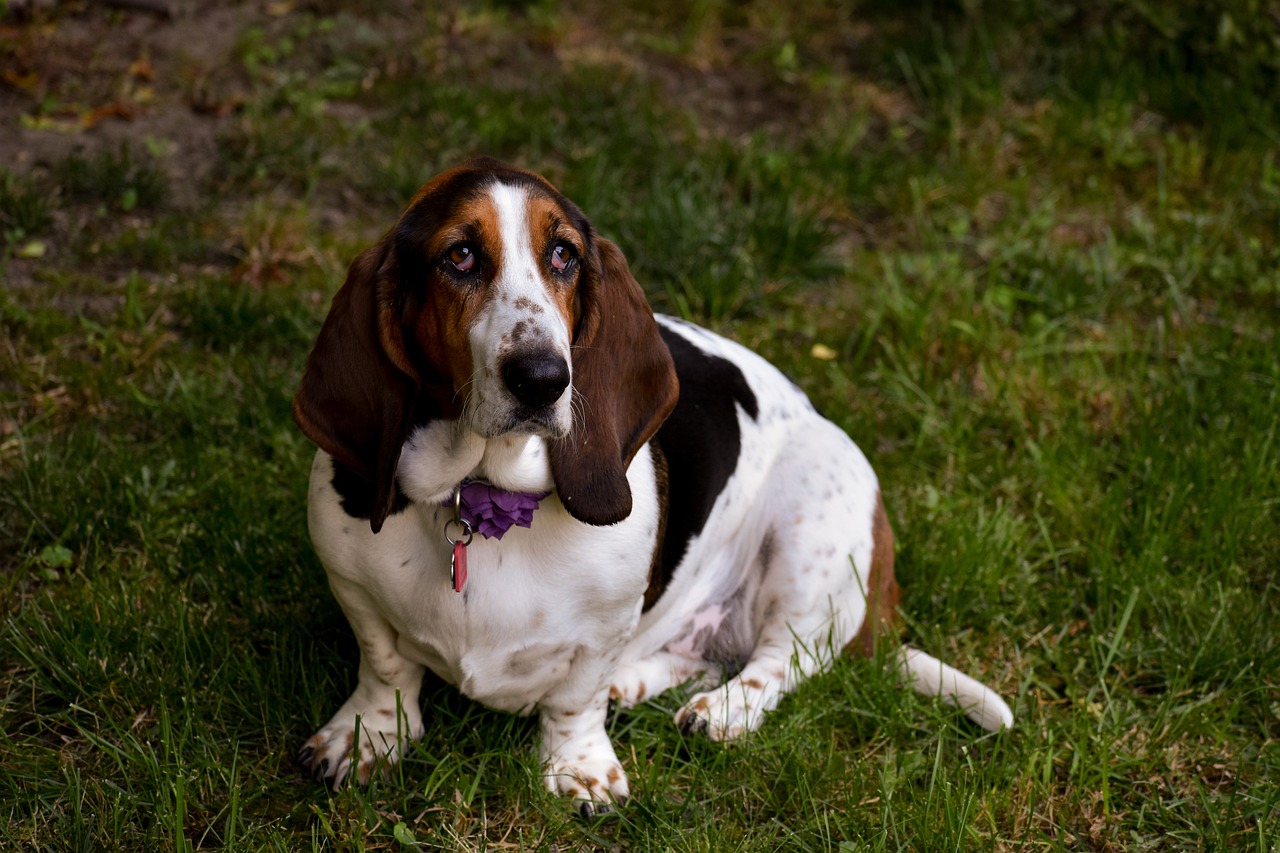
| OFFICIAL NAME | Basset Hound |
| COMMON NAME | Basset Hound |
| PET HEIGHT | 13 to 15 inches |
| PET WEIGHT | 40 to 65 pounds |
| LIFESPAN | 13 to 15 years |
| GOOD WITH | Cats, children, dogs, families, seniors |
| TEMPERAMENT | friendly, gentle, willful |
| INTELLIGENCE | medium |
| SHEDDING AMOUNT | normal |
| EXERCISE NEEDS | low |
| ENERGY LEVEL | lazy |
| VOCAL LEVEL | howler |
| DROOL AMOUNT | high |
| BREED GROUP | hound |
| BREED SIZE | medium (26-60 lbs.) |
| COAT LENGTH | short |
| COLORS | black, brown/chocolate/liver, gold/yellow, red |
| PATTERNS | tricolor |
| OTHER TRAITS | easy to groom, good for first-time pet owners, high potential for weight gain, high prey drive, strong loyalty tendencies |
These dogs are beloved for their adorably sad, droopy faces. Basset hounds are calm and even-tempered, making them great family pets. They are just as happy chasing a scent as they are cuddling on the couch. Despite their short stature, basset hounds have a big presence.
Basset hounds' loose skin and long ears help them pick up scents, making their sense of smell second only to that of the bloodhound. They are gentle and friendly, making them excellent companions for children. They have a strong will and need a patient owner, but they are otherwise easy to care for.
Appearance
Don't let the short legs fool you: Basset hounds are large dogs weighing up to 65 pounds while only rising about 15 inches off the ground. The heavy-boned breed has a long body with short legs, long, velvety floppy ears, a lovable, sad-looking droopy face, and an alert tail. Their large paws and low-slung build give them great stability for maneuvering over rough terrain, which makes them ideal for employment as scent-tracking hounds. The basset hound's skin is loose and elastic and covered in a short, hard coat dense enough to insulate him for hours in all weather. The Basset Hound Club of America (BHCA) recognizes five main color patterns: tricolor of black, tan, and white; black and white; brown and white; red and white; or lemon and white.
The basset hound is perhaps one of the most widely recognized breeds, and people love that droopy, floppy face. But these looks aren't just meant to melt your heart. Nearly every feature on a basset hound's head assists the tracking dog on the trail: The folds in the skin help trap scents, keeping them close to the dog's nose. The long ears drag as they walk, wafting scents from the ground up to their nose. And their droopy, slightly sunken, large brown eyes? Well, OK, those are mostly just for charm and, you know, vision.
Personality
Don't be deceived by their short legs: Basset Hounds are actually large dogs weighing up to 65 pounds while standing only about 15 inches tall. These sturdy dogs have long bodies, short legs, long velvety ears, and a lovable, droopy face. Their large paws and low build make them stable and perfect for navigating rough terrain, which is great for their role as scent-tracking hounds. Basset Hounds have loose, elastic skin and a short, dense coat that keeps them insulated in all kinds of weather. The Basset Hound Club of America (BHCA) lists five main color patterns for these dogs: tricolor (black, tan, and white), black and white, brown and white, red and white, and lemon and white.
Basset Hounds are easily recognized and loved for their droopy, floppy faces. But their looks aren't just for show. Almost every feature on a Basset Hound's head helps them track scents: The folds in their skin trap smell close to their nose, and their long ears drag along the ground, lifting scents up to their nose. As for their droopy, large brown eyes, those are mostly for charm—and, of course, vision.
Living Needs
The friendly basset hound is an excellent fit for most homes. This low-energy breed enjoys a long daily walk and plenty of relaxation at home. Even though they move slowly, basset hounds can be pretty determined and may wander off if they catch an interesting scent, not paying attention to their surroundings.
"They're low to the ground with short legs so they won't run off quickly," says Kilcommons. "But they were bred to hunt rabbits. They can go into autopilot mode once they pick up a scent." Keeping them in a securely fenced yard or always on a leash is crucial. Basset hounds enjoy slow, leisurely walks and remind us to take time to appreciate our surroundings. However, they can get lonely, which can lead to howling and other unwanted behaviors. According to the BHCA, having a companion, whether human or another pet, can help prevent these issues and keep your neighbors happy.
Due to their build and weight, basset hounds shouldn't climb too many stairs. Always lift them onto and off furniture and in and out of cars to avoid health problems from repetitive hard motions.
In summary, basset hounds are great pets for various lifestyles. If you can offer daily walks and consistent, positive reinforcement training, they'll be happy to stay by your side. However, a basset hound might not be the best choice if you're often away for long periods. It's essential to think about your lifestyle before getting any dog. Talk to a basset hound breeder or rescue group to see if this breed matches you.
Care
Taking care of a basset hound is quite manageable with some regular attention. Their short coat is easy to maintain, but brushing them weekly will help control shedding. It's also important to clean their eyes and the folds on their face a few times a week to remove any debris. Bathing them occasionally will keep their skin healthy and reduce that distinctive hound smell. During these grooming sessions, you can also check the shine of their coat (dullness might indicate a dietary issue), trim their nails, and monitor their ears and teeth.
Speaking of nails, basset hounds need frequent trimming. If you hear their nails clicking on the floor, it's time for a trim. The Basset Hound Club of America suggests brushing their teeth with dog-specific toothpaste twice a week. While home care is essential, don't skip regular vet visits, and always consult your vet if you have any concerns. Their long, floppy ears need extra attention because they can trap dirt and lead to infections. As expert Kilcommons notes, "Those ears are built to trap scents and act like mud flaps. If they run through a field, they'll collect all sorts of debris." Your vet can guide you on how to clean their ears properly. Additionally, clean around their eyes daily to prevent health issues.
Basset hounds are incredibly focused on the trail, but this focus often disappears during obedience training. They can be stubborn and take longer to train because they were bred to follow scents with their noses to the ground. As Kilcommons explains, "Their genius is following a scent silently. To train them, you need to make it a game. Use food and toys, and get on the ground to play. This will help shift their focus from the ground to you."
Health
Basset hounds typically live 12 to 15 years. Like any dog breed, they can face certain health issues. The Basset Hound Club of America advises that breeders test for thrombophilia and have a comprehensive eye examination performed by a specialist. They also suggest additional tests for elbow and hip dysplasia, glaucoma, hypothyroidism, bleeding disorders, and luxating patella.
While not every basset hound will suffer from serious health problems, it's essential to be aware of these potential concerns if you're considering this breed. Always purchase dogs from reputable breeders who will introduce you to the dog's parents and siblings. If you're adopting a basset hound, ask the rescue organization for any available health history.
Due to their generally relaxed nature, basset hounds can easily become overweight. It's important to control their food portions (your vet can recommend the best diet for your dog) and ensure they get one long walk daily. Their floppy ears are also susceptible to infections, so follow your vet's advice for regular ear checks and cleaning.
Exercise Requirements
If you have a Basset Hound, you'll quickly learn that getting them to exercise can be challenging. While you know they need daily activity to stay healthy, they have a knack for persuading you otherwise.
Basset Hounds are prone to obesity, so it's crucial to get some physical activity daily. It doesn't require a lot – about half an hour should suffice. Their bodies aren't built for intense activity despite being bred to run long distances. Therefore, you should limit high-impact exercises like running and jumping.
Luckily, Basset Hounds enjoy long, leisurely walks. A good walk will tire them out nicely. They also love to play, so spending a few minutes with a rope toy can help keep them in shape.
Scent training is another great way to physically and mentally engage your Basset Hound. Hide treats around the house and let them use their excellent sense of smell to find them. This activity will stimulate their minds and bodies, and they'll have a blast doing it.
Training
Training your Basset Hound can be challenging, so it's important to be prepared for some obstacles from the start. Many difficulties arise because people don't approach training correctly for these dogs.
Basset Hounds can easily tell which people will enforce rules and which ones will be lenient. If you're in the lenient group, you'll struggle to get them to obey unless they want to.
Firmness and consistency are crucial, and only positive reinforcement should be used. Punishing or abusing them will only make them more resistant.
When training a Basset Hound, remember that they rely heavily on their sense of smell rather than their sight or hearing. Training methods that require constant visual contact are likely to fail.
Instead, get on their level and give them tasks suited to their abilities. They might not excel at activities like catching Frisbees, but they can learn simpler commands, like rolling over, quite quickly.
History
The basset hound has long been cherished for pack hunting small game, but its origins are quite unique. The Basset Hound Club of America (BHCA) suggests that these dogs are descendants of the renowned St. Hubert hounds, which are also the ancestors of today's bloodhounds. A genetic mutation likely led to the development of the short-legged basset hound. Though this might not have been intentional, their shorter legs made them excellent for tracking small game-like rabbits through dense, low brush. French aristocrats particularly enjoyed using basset hounds for trail hunting. After the French Revolution, the breed became more common. These charming dogs likely arrived in the U.S. from England during colonial times and were recognized by the American Kennel Club as its 10th breed in 1885.
The affectionate basset hound has won over many hearts in the U.S. through various media. In 1928, Time magazine featured a cover story on the 52nd Westminster Kennel Club Dog Show at Madison Square Garden, narrated from the perspective of a basset hound puppy. The breed gained further fame in the 1960s through Hush Puppy shoe ads. Basset hounds also appeared in popular culture, such as in the 1977 film "Smokey and the Bandit" and as Sheriff Rosco Coltrane's loyal companion Flash in the TV show "The Dukes of Hazzard" from 1979 to 1985. Even today, basset hounds remain a favored breed for hunting small game in England and France.
Fun Facts
"Bas is the French word for 'low.'
Watch out! Basset hounds have such long ears that they can be a bit of a tripping hazard, especially for puppies who are a bit like Dumbo.
In 1956, Elvis Presley sang a special version of "Hound Dog" to a basset hound on "The Steve Allen Show."
Legend has it that General Marquis de Lafayette gifted George Washington with basset hounds after the American Revolution, although not everyone is certain they were actually bassets.
Speaking of Lafayette, a basset hound named Lafayette played a significant role in chasing away a troublesome butler in Disney's The Aristocats."
Get insurance plans with wide-ranging coverage options








